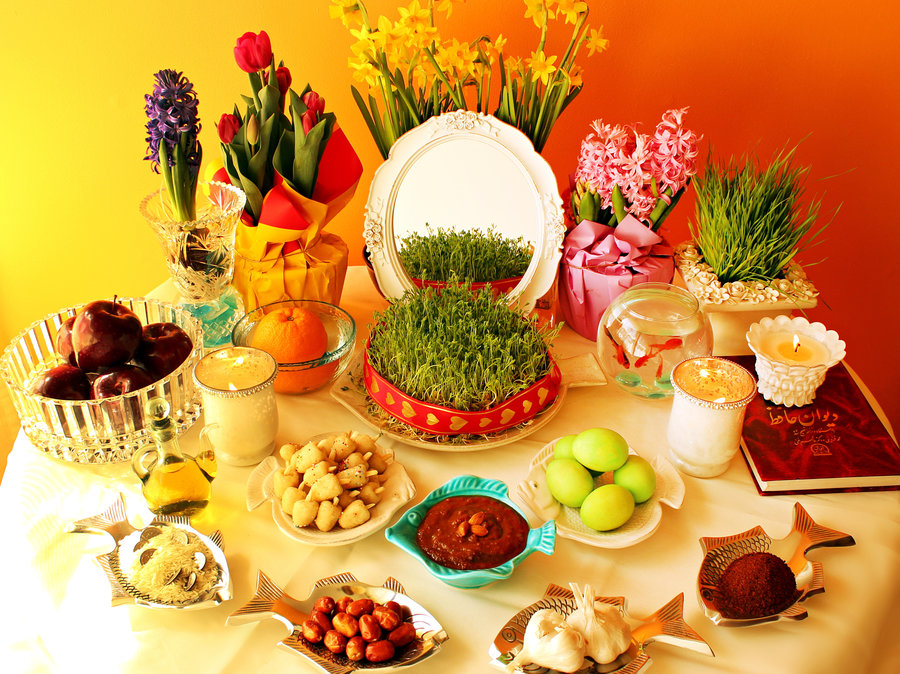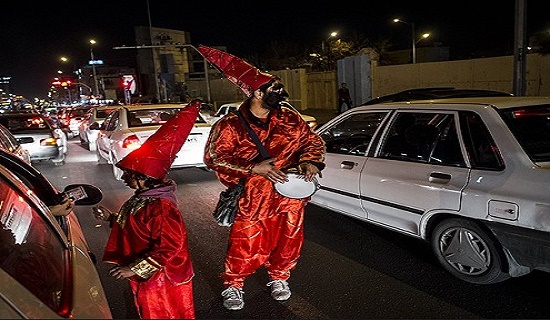Iranian culture, like most cultures, practices many traditions and customs unique to itself. One such practice within the Iranian culture, is called tarof, in which hosts take pains to offer whatever they can-even if it’s something they don’t really want to do or give up-while guests play a game of initially refusing these offers-even if they really do want them. This cultural tradition has been described as a sort of unspoken test of wills.
In Iran, this custom is well-known and regularly practiced, but in America, it has often confused non-Iranians.
When mental health workers in Orange County, California, located south of Los Angeles, recently began seeing a rise in Iranian clients, tarof occasionally became a point of contention. Many social workers would report confusion over Iranian clients, and their families, who would offer tea, coffee, sweets and other foods.
Government employees in the United States are required ethically to keep a certain formal distance from the members of the public they interact with. So, some questioned the motivation behind the offerings of their Iranian clients.
“One of the questions is, ‘If an Iranian brings me food or flowers,… are they bribing me?'” Faye Hezar, who was hired by the county last year to conduct a series of training workshops to teach workers about Iranian customs and traditions, explained to the Los Angeles Times. “They are not really trying to buy your favor; it is just culture,” she said.
Recently, the number of Iranians in Orange County who speak Farsi as their primary language and are eligible for Medi-Cal, the state health program for the poor, passed the 3,000 mark. California state law requires that once an ethnic group passes 3,000, counties must conduct staff training exercises on that culture and language.
The law is meant to improve the access of that ethnic group to mental health services.
Hezar, who leads cultural workshops in Orange County, explains to mental health workers concepts such as tarof and addresses how open discussion of mental health issues within the Iranian community remains taboo.























